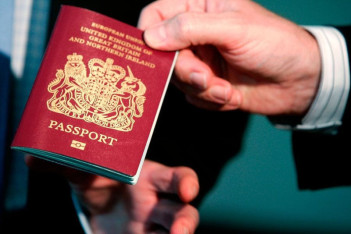I' m a lawyer in civil, tax, family cases
In the modern world, a very large percentage of people every day, for the purpose of convenience and saving personal time, purchase goods using Internet resources, on electronic platforms.
Purchasing goods on the Internet is usually a transaction concluded between a consumer and a seller (performer) at a distance using means of remote communication (electronic communication networks, information networks and other).
Protection of the rights of buyers when carrying out such transactions, including the procedure for exchange and return of defective/poor quality goods on the Internet, is regulated in Article 13 of the Law of Ukraine “On the Protection of Consumer Rights”.
The seller of the goods is obliged to provide the buyer with information about the goods (main characteristics of the goods, price, purpose, terms of payment and delivery, information about the guarantee of the goods, the validity period of the contract and other.).
If all of the above conditions are indicated on the official website along with the product or in a separate information section about the product, then when you click “buy” or “order”, you automatically accept all the terms of the offer and thereby confirm the completion of the transaction (conclusion of the contract).
Another important condition is the moment of confirmation of the transaction, because, as a rule, it is from this moment that the period for returning the goods and terminating the contract begins to be calculated.
Let's talk about terms!
It should be noted that if you purchased a defective/poor quality product from an online store, the period for returning the specified type of product will be calculated from the moment the buyer actually received the product.
Suppose, if, for example, you ordered a refrigerator in an online store on March 5, and received it at the post office on March 15, then the period begins to be calculated from the next day, which occurs after the day you received the goods, that is, from March 16. Thus, the buyer has 14 days to return the goods. The specified period will last until March 29 inclusive.
The costs of returning the goods are borne by the seller, including the cost of return shipping.
The seller is obliged to return the money to the consumer within 30 days from the date of receipt of the buyer’s request to return the goods, and he, in turn, can keep the goods in his possession until the money is transferred.
Advice from a lawyer:
- if the seller turns out to be dishonest and does not return your money for the goods, even after a statement, then you need to contact your bank with a written request to return the money paid and demand an investigation. This option usually works very effectively if the seller turns out to be not a scammer.
If it happens that the seller is a fraudster, then in this case you should immediately file a written statement with the police. The application must also ask you to be recognized as a victim in this fact, as well as ask to include your application in the unified register of pre-trial investigations and begin a pre-trial investigation into the fact of fraud. Police officers are required to provide you with an extract from the unified register of pre-trial investigations and a memo from the victim in criminal proceedings within 24 hours.
































